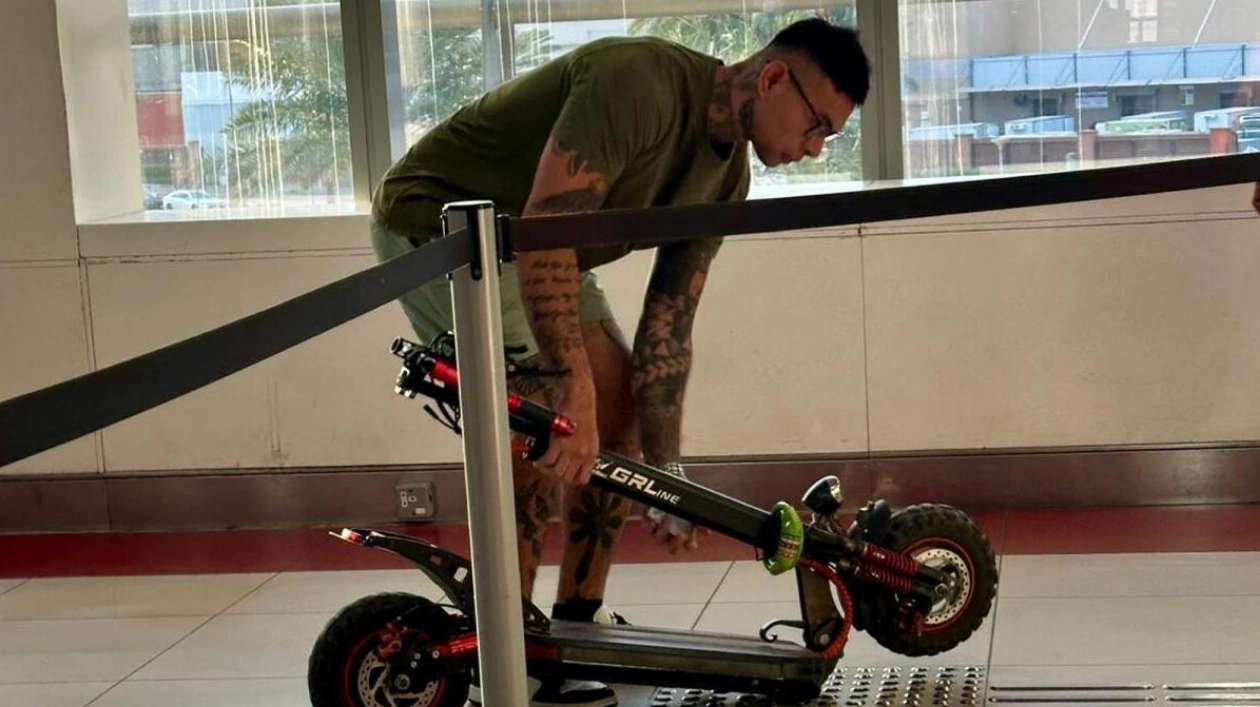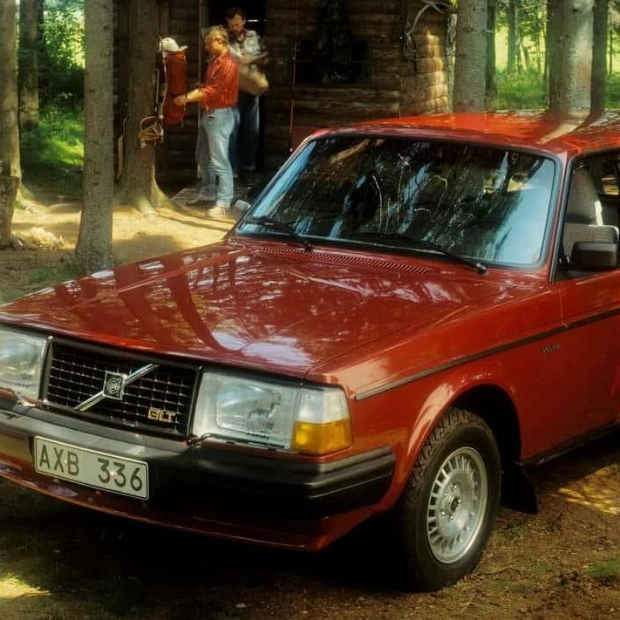JA Padua, 28, expressed his relief at being able to use his e-scooter for his daily commute between home and work once again, following the Roads and Transport Authority's (RTA) announcement on Friday lifting the ban on e-scooters inside Dubai Metro and Tram. For Padua, a Dubai resident, this change means not only convenience but also financial savings. 'I won't have to walk over a kilometre from the metro station to our office or take a short taxi ride when I'm already late. I can just hop on my e-scooter and ride to work,' said Padua, who lives near Al Furjan Metro Station and works at Jumeirah Lake Towers.
Transportation and tech experts also applauded the move, stating that 'it is in everyone's interest to have an efficient transport system'. Many Dubai residents rely on e-scooters, which are widely promoted as practical first- and last-mile green mobility solutions. The temporary ban on e-scooters inside Dubai Metro and Tram was initially implemented on March 1 this year, citing passenger safety concerns. This decision was reportedly triggered by an incident in mid-February at Onpassive Metro Station, where operations were delayed for nearly an hour due to smoke detected from an e-scooter onboard.
Following the ban, only non-electric scooters and foldable bicycles without batteries were allowed inside the trains. Authorities highlighted that e-scooters, powered by lithium-ion batteries, can overheat, catch fire, and cause explosions, especially if damaged or defectively manufactured. The RTA lifted the ban on October 4 with certain restrictions, including specific requirements on the size and weight of e-scooters. Only foldable e-scooters without seats can be brought inside the train, measuring no more than 120cm x 70cm x 40cm and weighing no more than 20kg. Riders must fold their e-scooters when entering stations, platforms, or onboard trains/trams, and riding e-scooters or e-bikes is prohibited in stations or footbridges. E-scooters must also be turned off at all times inside Metro or Tram premises. Additional regulations can be found here.
Emirati traffic safety researcher Dr Mostafa Al Dah views the lifting of the ban as a positive development. 'It's great to see that the authorities, after further study, have updated the regulations on this issue,' he told Khaleej Times on Friday. 'I believe it's in everyone's interest to enable an efficient transport system, and I think these newer transport devices are an integral part of the transport system. I hope this eases the commute for the thousands of people who use this mode of transport daily. E-scooters are here to stay,' added Al Dah, founder of MA-Traffic Consulting and former head of the traffic studies section at Dubai Police.
Italian expat and tech journalist Simone Majocchi also supported the lifting of the ban, noting, 'They are restoring people's last-mile transportation solution.' Majocchi added, 'The value and importance of scooters for people are worth a small risk. I think it's a reasonable compromise between people's needs and their safety. Absolute safety is unattainable.' He also pointed out that there are now clear rules on the space e-scooters can occupy in the Metro. Regarding batteries, Majocchi emphasized that certification alone may not be sufficient as it can be falsified. It is better to use safer and more reliable batteries to prevent spontaneous combustion. 'Batteries that do not explode or catch fire are available but cost more than regular ones,' Majocchi noted, highlighting LiFePO4 (lithium iron phosphate) batteries as the safest option, though they come at a premium price.
Safety experts suggest that LiFePO4 batteries have advantages over lithium-ion batteries in terms of life cycle and safety. Lithium-ion batteries can overheat and catch fire, whereas LiFePO4 batteries do not. 'We are now entering a cooler season, so scooters will be exposed to less severe temperatures—this will help a lot. Perhaps this was an element the RTA considered while lifting the ban,' added Majocchi, urging owners to be extra cautious when charging their e-scooters. 'At home, don't charge and leave it while you go to sleep—it could be dangerous,' advised Majocchi.






